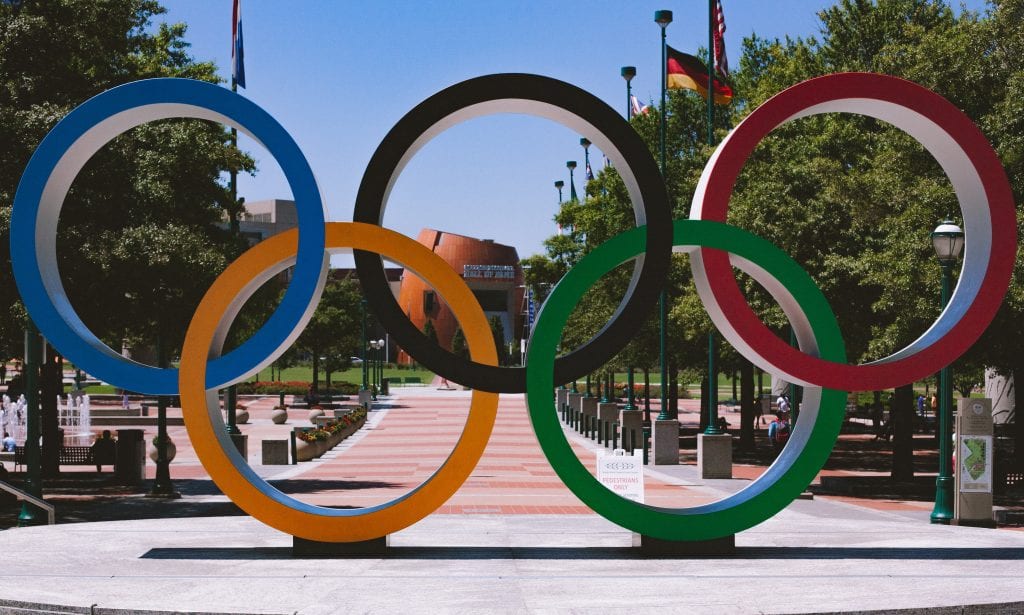A Brief History Of The Olympic Games
The Olympic Games were originally thought about and eventually constructed in ancient Greece, close to 3,000 years ago. Undoubtedly, they have changed to become one of the biggest events the world experiences every 4 years. Nevertheless, the games were one of the highlights of ancient Greece, and they were created in honor of the god, Zeus.
Decline and End of the Olympic Games

After the Roman Empire had conquered Greece, sometime in the middle of the second century, the games continued for a short period, but the quality of the game dropped. A notable example of the corruption and ridiculousness that soon marked the game occurred when Emperor Nero decided to foolishly participate in the Olympic Chariot racing program. Despite falling off his chariot and losing everything, he still declared himself champion.
The games eventually ended altogether in 393 A.D. when Emperor Theodosius, who happened to be a Christian, put an end to all “Pagan” Festivals, including the Olympics.
Modern History of the Olympics

The games ended up blossoming again after about 1500 years, thanks to Baron Pierre de Coubertin (1863-1937), who was inspired to revive the Olympic Games after visiting the ancient Olympic site where they were first held. He suggested holding the Olympics as an international sporting event in 1892, and after two years, he received the approval he wanted. He subsequently founded the International Olympic Committee, which ended being the ultimate governing body for the Olympic games.
The first modern Olympic games happened in Athens, Greece in 1896, and it has grown since then to become the biggest sporting event in the world today. It hosted 280 participants from 13 nations.
